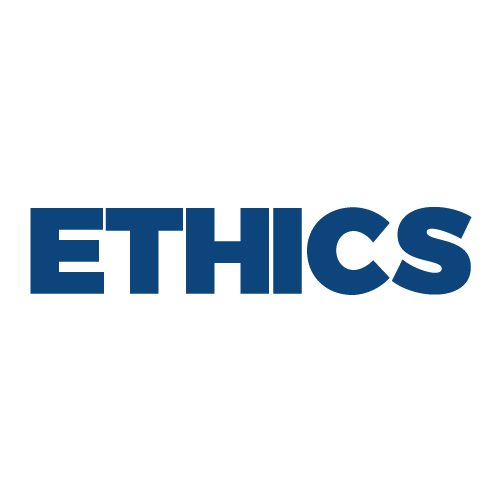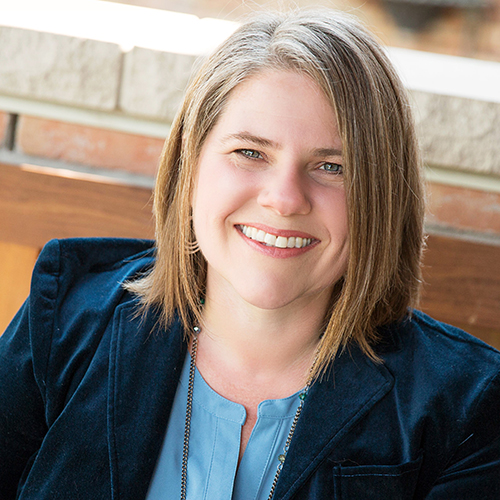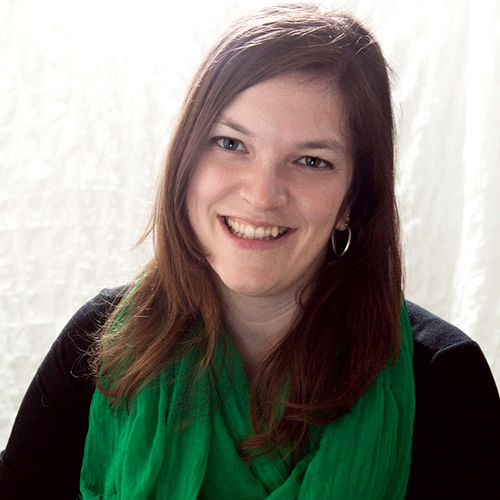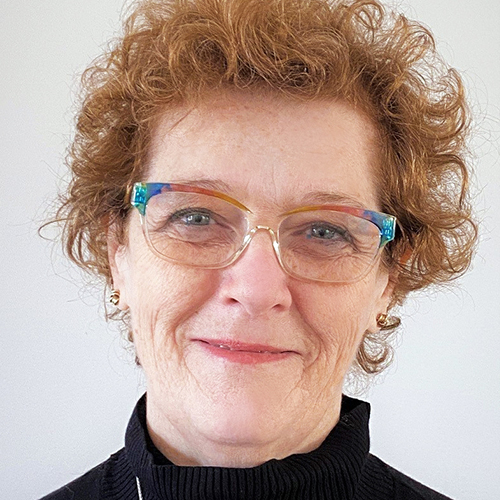

Kathy O'Grady Venter is a registered nurse and retired midwife. She has been an International Board Certified Lactation Consultant (IBCLC) since 1990.
Kathy is a WHO|UNICEF trained BFHI Assessor and Trainer (1991) through IBFAN Africa and currently she is a CoChair of the BFI assessment committee of the Breastfeeding Committee for Canada (BCC), BFI Lead Assessor – BCC Baby Friendly Initiative (BFI) Assessment Committee, Lactation consultant Sunnybrook Health Sciences Centre in Toronto and Breastfeeding educator and BFI consultant.
In the past, Kathy has been Chair for the BCC, Chair of the BFI assessment/education committee of the Baby Friendly Initiative Ontario and the recipient of the Canadian Lactation Consult Association Award for Clinical Excellence.
Approaching clinical care in an ethical manner is a core component of providing care as an IBCLC. Sometimes however, it can be hard to figure out what the ethical response is during everyday practice. Through the lens of clinical scenarios, this presentation encourages delegates to think critically about ethical practice and raises awareness of potential inconsistencies in care and subtle ethical issues which are sometimes overlooked. Learn more about your ethical responsibilities and ways to manage ethical dilemmas in clinical practice.
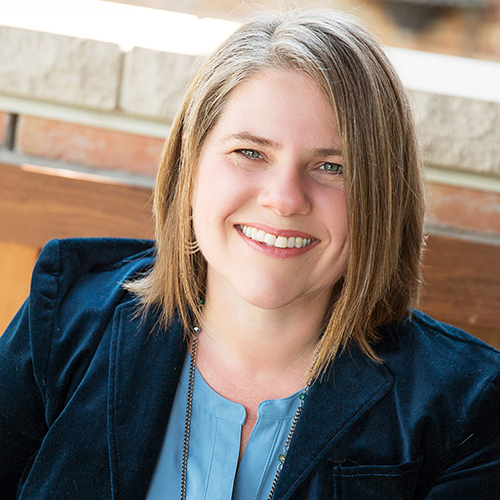

Karen Laing, IBCLC, AMT is a Mindfulness Based Stress Reduction (MBSR) teacher with a background in reproductive health care. As a practitioner over the last 25 years, Karen has cared for families as a trauma-informed perinatal educator, a Board-Certified Lactation Consultant, and as a midwife. As an organizational leader, she is the founder and CEO of Birthways where she has played a role in creating innovative maternal/child service models incorporating perinatal education, home-based doula care, lactation services and perinatal mental health programs. She and her team are currently working to build the Okkanti platform, a transformative application that tackles disparities by providing care coordination, digital health tools, health education and access to maternal health supports. As a teacher of mindfulness and caregiving, she has taught and mentored providers throughout her career and is the creator of the Compass of Mindful Caregiving, 6 Qualities of Embodied Mindfulness, and 40 – second Compassion Initiatives, toolkits such as the Cup of Kindness for family caregivers and a number of programs designed to improve the ways we take care of one another. She founded WisdomWay Institute in 2017 to better share the tools that support improved safety, respect and compassion in care relationships while preventing burnout.
Karen believes that systemic change involves many facets, but that we can begin with our moment-to-moment interactions.
Trauma-Informed Care (TIC) foundations establish that qualities such as trust, respect, compassion, and self-regulation on the part of the practitioner are essential to creating the conditions that would translate into ‘safety,’ ‘trustworthiness,’ ‘mutuality,’ and ‘choice.’
But how do we develop these qualities?
In many ways, we have an ideal in our imagination for this quality of personhood that ‘delivers’ trauma sensitive care, but we often fail to explore how exactly one cultivates and maintains an approach that is not just ‘informed’ but embodied.
By briefly reviewing the history and limitations of trauma-informed care and exploring the emerging themes at the intersection of trauma-healing, social justice, and somatic studies, we will define Healing Informed Care (HIC) and what the framework asks of us in our care roles.
As we learn the ‘what’ of healing-informed approaches, we will uncover the ‘why’ and the ‘how.’ Participants will emerge with a practice map for building skills that not only make Healing Informed Care possible, but skills that support meaningful self-monitoring and self-care, critically important to buffer against stress and burnout in these professions. By building an intimate and compassionate awareness of our own patterned responses, we unleash the potential to better understand and to attend to the bodies that we are in, and to naturally build ‘beloved community’ where safety, dignity and care are more readily available in service of healing.
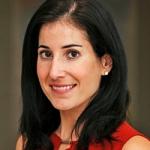
Chasing the Butterfly: Understanding How the Thyroid Gland Impacts Breastfeeding

Alex has been a lactation consultant in the Washington, DC area since 2010. In addition to running her private practice, Bethesda-Chevy Chase Lactation Consultants, Alex cares for breastfeeding moms and babies at Hirsch Pediatrics in Rockville, MD. After earning her master's in English Literature and teaching for several years, Alex met two extraordinary people that inspired her to enter the field of lactation: her daughters. Alex has worked at Inova Fairfax Hospital and Sibley Memorial Hospital as an in-patient lactation consultant. In 2015, she graduated summa cum laude from the University of Maryland Baltimore School of Nursing with a Bachelors of Science in Nursing. Alex is committed to increasing awareness for impaired mammary organ development (IMOD) and impaired mammary organ function (IMOF).
Often overlooked and as elusive as the butterfly it resembles, the thyroid gland may lurk behind a number of breastfeeding difficulties, including low-supply, over-supply, and overt lactation failure. Recent research has revealed that thyroid disorders during pregnancy and postpartum are more common than previously thought. A substantial amount of our current professional discourse centers around tongue-tie, which occurs in anywhere from 4.2%-10.7% of babies, while thyroid disorders in lactating women may in fact be more prevalent than tongue tie, affecting anywhere from 6.7%-13.3% of women in the postpartum period. Even more alarming is that as many 50-80% of these cases may be missed by a woman’s healthcare provider. During this presentation, you will gain a basic understanding of how the thyroid gland functions and the various ways in which a dysfunctional thyroid can adversely affect lactation. You will also learn which signs and symptoms warrant a referral to a primary health care provider. We will review the latest evidence-based thyroid hormone reference values appropriate for a woman during pregnancy and postpartum so that, if your patient does undergo testing, you will feel confident discussing those results with her. Finally, we will discuss some herbal and dietary recommendations for improving thyroid function.

View Details / Enroll
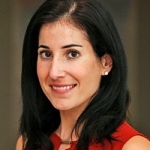
View Details / Enroll

Check your “Blind” Spot, The Crisis We Are Not Talking About: Transforming Color Blindness to Racial Equity

Felisha Floyd, BS, CLC, IBCLC is currently Lactation Coordinator for Hospital Corporations of America system in Florida. She also offers infant feeding support, mentorship, and education to her local community via her private practice, Beyond Breastfeeding. Felisha is the founder of Our Brown Baby, a community based breastfeeding support group, which serves to provide specialized culturally sensitive breastfeeding support to families of color. In addition to these roles, Felisha is one of the founding mothers and current President of the non-profit The National Association of Professional and Peer Lactation Supporters of Color, affectionately known as "NAPPLSC". She is also a Center for Social Inclusion First Food Equity Cohort member. Previously, she worked as a Women, Infants, and Children (WIC) Breastfeeding Peer Counselor and Breastfeeding Coordinator.
Fueled by her professional and personal passions to ensure that all mothers have access to quality breastfeeding support and resources, she has fervently pledged to reduce breastfeeding disparities in the African American community. To this end, she continually makes efforts to help increase breastfeeding rates in the African American community by unapologetically fighting that which contributes to racial health disparities. Fearlessly obsessive, she is affectionately known as the social media guru "Blactavist!" (Black Lactation Activist). This online community consists of approximately 38,000 supporters on Twitter, Facebook and Instagram, and is dedicated to empowering African American families to breastfeed.
Felisha is a national leader, an experienced trainer and speaker, and a consultant. Through her aforementioned roles, she has provided training programs across the US on topics of clinical breastfeeding, racial equity, first food justice, mentorship, power of collective impact and more. Her previous experience includes national trainings for WIC and professional consultancies for WIC Loving Support Program and the Boston Medical College's Communities and Hospitals Advancing Maternity Practices grant funded program.
Dedicated to improving the level and diversity of lactation support nationally, Felisha trains and mentors aspiring lactation consultants through her private practice. She is the co-author of Clinical Internships for the Next Generation of IBCLCs, an article featured in The Journal of Human Lactation. Felisha also serves with high honor as a member of the Global Board of Directors for Mom2Mom Global, the Advocacy Chair for the State of Florida Breastfeeding Coalition, Secretary of the Board of Directors for the United States Breastfeeding Committee (USBC). She has been honored as a recipient of the Inaugural Concrete Rose Award by Reaching Our Sisters Everywhere and recognized by USBC with the Legacy Award.
We deepen understanding of false conceptual assumptions that define racial equity by critiquing standards of organizational operations. Strengthening awareness to lactation providers by defining and determining key terms which identifies structural racism and reduces superficial outcomes. By alternating racial equity from a “hot topic” to systemic revolution to deconstruct barriers by challenging these assumptions by concepts. Identifying standards that ensure transformation and shift gears from idealist views on racial equity to strategies to promote impactful solutions. Reevaluating promises to actions which Increases understanding of racial equity through policies, practices and procedures. Empowering audience to determine their baseline and understanding of racial equity to build compacity to their ability to morph from ally to accomplice. Giving guidelines, theories and concepts to build an organizational framework to develop and implement plans to incorporate into practices. Despite a growing interest to being sympathetic to racial equity efforts, this learning environment will improve understanding of systems of racism which impact health outcomes. Giving the learners the ability to examining concrete approaches to advancing racial equity.

View Details / Enroll

View Details / Enroll
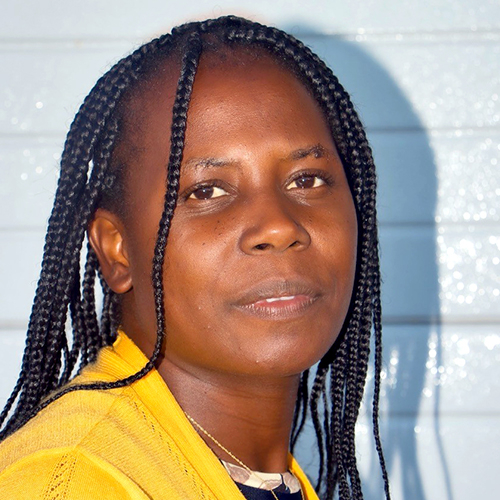

Sarah Mlambo is a registered Nurse and Midwife who has international and intercultural nursing and midwifery experience in both the public and private sector. She has several qualifications from Zimbabwe, Namibia and South Africa. Sarah Mlambo is currently finalising her PhD where she focusses on a model for midwives in the facilitation of childbirth-choices. She is a published author and Midwifery educator in Namibia.
“Incomplete, inaccurate, biased or unavailable patient education, resources and lack of opportunity for pregnant patients to have meaningful conversations with their healthcare providers about their individual care” (Stirling, Vanbeisien & McDougall, 2018, p. 13) is a major setback when women are being facilitated with childbirth-choices. Initiating the facilitation of childbirth-choices early in pregnancy gives the woman some time to weigh the options and for the healthcare provider to clear any misconceptions relating to childbirth types, yet this is a largely un-investigated area of concern in Namibia.
Improving the outcomes for women to have a positive childbirth experience and ensure that the SDG 3 of health for all is achieved exploring the experiences of women and that of midwives was important to ensure the former. Taking into consideration the Universal Rights of Childbearing women and Respectful maternity care (RMC) with a special focus on two of the rights which are “right to information, informed consent and refusal and respect of her choices and preferences, including the right to her choice of companionship during maternity care &” and “right to liberty, autonomy and self-determination and freedom from coercion”. This presentation will contextualize the experiences of women and midwives alike in the facilitation of childbirth-choices. A developed model that will help midwives in the facilitation of childbirth-choices for a positive childbirth experience for women and their families.
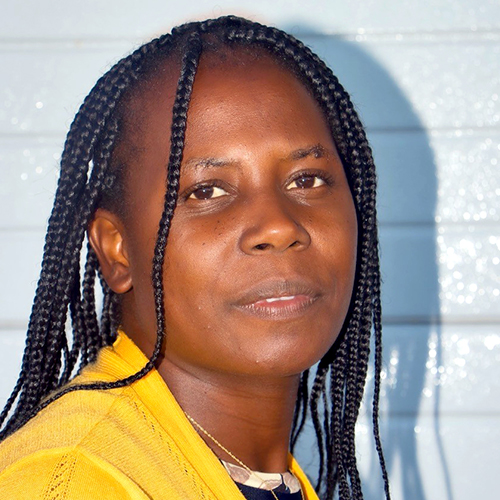
View Details / Enroll
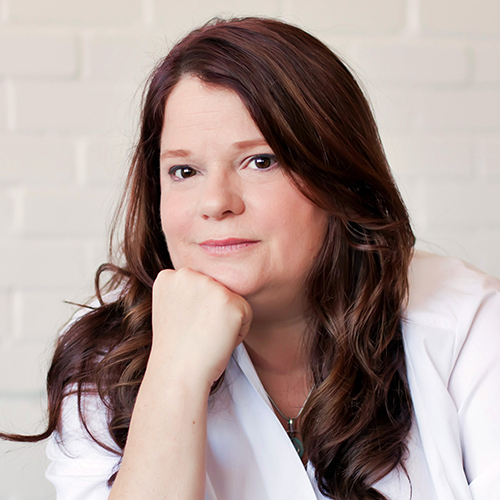
Clinical Assessment and Management of Low Milk Production

Barbara D. Robertson, IBCLC, has been involved in education for over 34 years. She received a Bachelor’s degree in Elementary Education in 1988 and her Master’s in Education in 1995. Barbara left teaching elementary students in 1995 to raise her two children. Barbara is now the Director of The Breastfeeding Center of Ann Arbor and of the brand new business LactaLearning.
The Breastfeeding Center of Ann Arbor will still continue to serve breast/chestfeeding families and now LactaLearning will be dedicated to all of Barbara’s professional lactation trainings. Barbara has developed two 95 hour professional lactation training, a group training and a completely self study training with Nancy Mohrbacher. Barbara’s idea of creating professional book groups has exploded with her hosting Making More Milk with Lisa Marasco, Supporting Sucking Skills with Cathy Watson Genna, Breastfeeding Answers, 2nd Edition with Nancy Mohrbacher, and new for the fall, Safe Infant Sleep with Dr. James McKenna. Barbara will be hosting a one day online conference in the fall with Lisa Marasco and Cathy Watson Genna using all of her tech savvy skills to make this a one of a kind experience. Barbara is also a speaker for hire on a wide variety of topics including Motivational Interviewing. Barbara volunteered for the United States Lactation Consultation Association as the Director of Professional Development for 4.5 years.
She just retired as Associate Editor for Clinical Lactation, a journal she helped create for USLCA. Barbara has free podcasts, a blog, and Youtube videos which can all be found on her websites lactalearning.com and bfcaa.com. She has written many articles as well. She loves working with parents and babies, helping them with breast/chestfeeding problems in whatever way she can.
Topic: Breastfeeding: Baby’s First Milestone - [View Abstract]
Topic: Clinical Assessment and Management of Low Milk Production - [View Abstract]
Topic: Deconstructing Online Messaging: Ethical Considerations - [View Abstract]
Topic: Milk Sharing and Milk Banking: Building Knowledge for Better Outcomes - [View Abstract]
Topic: The Baby's Not Gaining Weight! Now What? - [View Abstract]
Topic: The Great Nipple Shield Debate - [View Abstract]
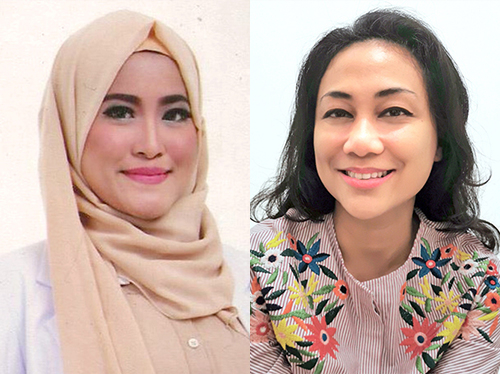
Clinical Case Studies: Ankyloglossia in Babies With Marasmus and Kwashiorkor

Okky Nafiriana, MD is a member of Praborini Lactation Team, Indonesia.
She believes breastfeeding is the best way to feed and nurture baby.
But breastfeeding not always comes easy. Experienced breastfeeding her 2 daughters who were born with tongue and lip tie, made her realize the problems came with the ties and support frenotomy.
She currently works as a lactation counselor in Permata Depok Hospital and Puri Cinere Hospital, Indonesia, where she meets parents and educates the benefit of breastfeeding. She loves to study and currently pursued her dreams to deepen her knowledge in lactation.
Ratih Ayu Wulandari, MD, IBCLC is a
member of Praborini Lactation Team, Indonesia.
She believes breastfeeding is the best way to feed and nurture baby, therefore she became a breastfeeding counselor in 2012 and then IBCLC in 2014.
Experienced breastfeeding her three tongue-tied babies, she understand the pain and support early frenotomy.
She is practicing frenotomy for tongue-tie and lip-tie in Puri Cinere Hospital Depok Indonesia and a private practice. Her publications are including articles for international journal and books for mothers. Japan society of ADEL acknowledges her as Specialist of ADEL (Ankyloglossia with Deviation of Epiglottis and Larynx).
Successful breastfeeding depends on an infant’s latching onto the mother’s breast correctly. A poor latch will cause insufficient milk transfer that will cause poor growth. Each type of mammals produces different components of milk which make it species specific, which adjust to their needs, growth rate and breastfeeding habits. Human breast milk has many benefits for human babies because it contains various substances both as nutrition and as protection.
The authors present two infants who suffered ankyloglossia, which hindered the baby’s ability to breastfeed and eat solid food. These babies were diagnosed with marasmus and kwashiorkor (severe malnutrition). After revision of both the lip- and tongue-ties, supplementation with pasteurized human milk donor, and good complimentary feeding the babies finally reach an optimal growth and development. Learn more about how these two cases were managed to bring the babies back to health.
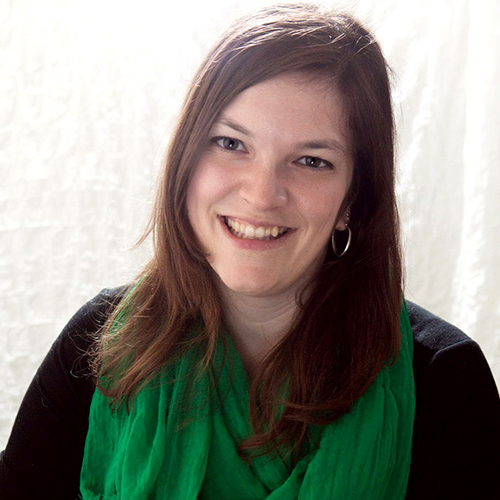

Julie Matheney knew when she was ten years old that she wanted to feed babies for a living. She earned her Masters in speech-language pathology and has worked with feeding and swallowing disorders for over a decade. While most people assume speech therapists teach children who stutter or work on ""r's and s's"", the bulk of her job is feeding and swallowing as part of a hospital based, rehabilitation team. The same things you speak with, you eat with! Over the past decade working in the NICU, she discovered her passion for working with breastfeeding families and became an IBCLC in 2018.
She transitioned out of the hospital in July 2021 and currently works full time in private practice as a lactation consultant in Los Angeles. She enjoys helping the whole family in the feeding process to meet their goals.
Her loving husband is always supportive of her in her vocational passions and was instrumental in launching her private practice. She has two young daughters, both of whom were exclusively breastfed until two years old.
Topic: Overcoming Challenges to Feeding: Supporting Parents with Physical, Mental or Socioemotional Differences - Part 1 - [View Abstract]
Topic: Overcoming Challenges to Feeding: Supporting Parents with Physical, Mental or Socioemotional Differences - Part 2 - [View Abstract]
The human body is intricate and fascinating. Anatomy (what it looks like) determines physiology (what it does). Sometimes anatomy, because of its variable nature, can cause changes in anticipated physiology which results in clinical symptoms. This presentation focuses on how symptoms give us clues about anatomy and physiology of the breast through the lens of several clinical case studies.
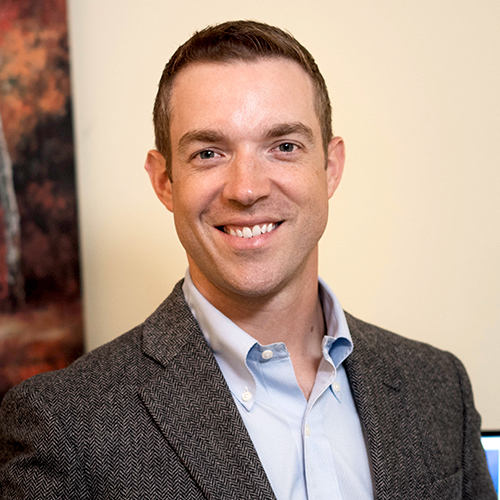

Dr. Andrew Dorough is a native of St. Louis, Missouri. He attended Westminster College in Fulton, Missouri, and graduated with a Bachelor of Science in biology. He then earned his Doctor of Chiropractic Degree from Logan College of Chiropractic in St. Louis, Missouri. He later earned a post-graduate certification from the International Chiropractic Pediatric Association (CACCP). He is qualified to deliver highly skilled and safe treatment to pregnant and postnatal patients and to neonatal and infant patients. Dr. Dorough enjoys providing collaborative care. He currently works in a family medicine clinic which boasts a breastfeeding medicine physician IBCLC, along with other IBCLCs, two nurse practitioners and a physician assistant. He assesses and treats infants with various forms of structural issues, including but not limited to cranial bone deformation (plagiocephaly), torticollis, and tongue and neck dysfunction, as related to feeding difficulties and infant well-being.
Topic: Collaborative Care With a Chiropractor for Infant Feeding Dysfunction - [View Abstract]
The perinatal period along with labor and delivery, is complicated and miraculous. The midwife and chiropractor are in a unique position to honor and assist this miracle and process. This presentation will delve into how midwives and chiropractors can work collaboratively to improve outcomes for clients. Learn about how the Webster technique is specifically designed to prepare the birthing person for an optimal and less stressful experience during their labor and delivery. The attendees will better understand how to find a chiropractor who practices webster technique and how to explain this type of care to the birthing person they are working with.
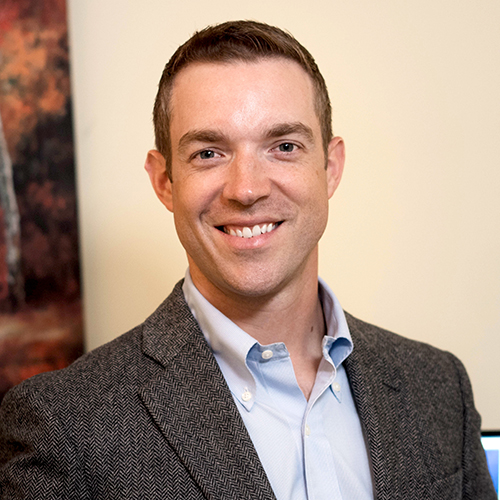
View Details / Enroll
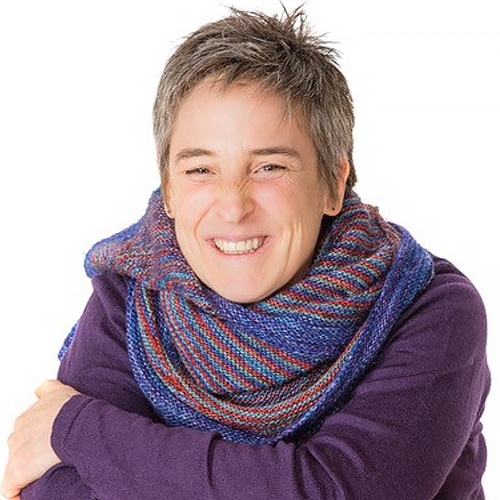
Collaborative Approaches To Educating New Families On Prenatal Sleep Expectations

Erin is a Parent Educator in Ottawa, Canada and the mother of four young adults, including twins. After working in the area of community mental health as a Registered Social Service Worker, she jumped into Prenatal and Parenting education with the Ottawa Childbirth Education Association where she has been designing and providing classes for expectant parents, grandparents, and families expecting multiples for the last 20 years. She divides her time between teaching a class called Bringing Baby home to expectant parents, Normal Infant Sleep classes and working as a Postpartum Doula. In 2018 she returned to school to complete her M.ed for Healthcare Professionals.
Parents experience a lack of formal and informal education on normal newborn sleep patterns. This absence of information through group prenatal classes or perinatal appointments with healthcare providers results in unrealistic expectations of life with their newborn. Coupled with geographic isolation from extended family support systems or extended family members who have different recollections of newborn sleep patterns, parents turn to crowdsourcing information on social media. The prolific advertising of sleep training on social media platforms increases parental fear, leaving parents overwhelmed with the increasingly contradictory information on sleep and strategies for coping.
This presentation will address the situations that lead to unsafe bed sharing and social pressure to sleep train. Participants will have an understanding of the concerns that parents bring to sleep classes for both infants and toddlers. Collaborative strategies for responsive nighttime parenting that respects brain development; attachment theory, nighttime feeds, and balanced with parents need for sleep and self-care will be the focus. Opportunities for education that include online, individual and group opportunities will be offered including a collaborative effort between parents, family, community and healthcare providers.



